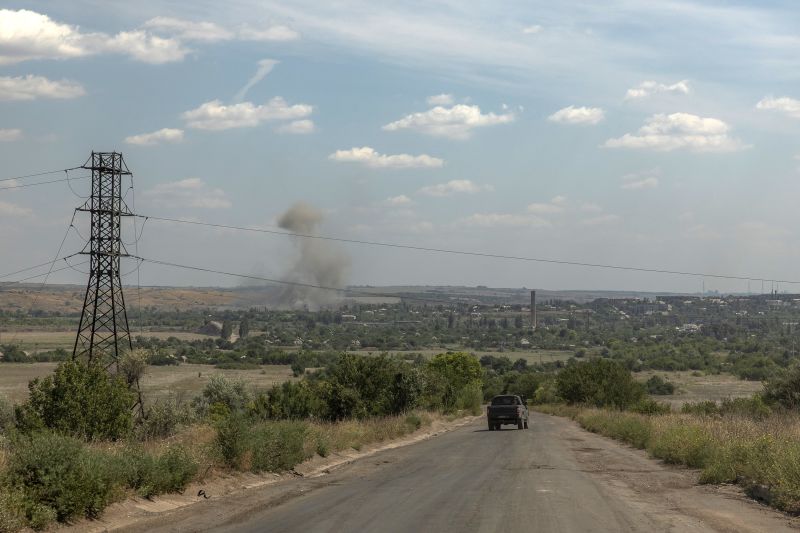In an unprecedented turn of events within the military ranks of Russia, a highly ranked commander has reportedly lost his position due to allegations of dishonest communication regarding the progress of the Ukrainian conflict, according to military bloggers. The said commander, whose identity has not been disclosed, is alleged to have falsified reports on the status of the war, painting a more optimistic picture than the reality on the battlefield. This move has been regarded as an illustrative trending issue in the interactions between military authority, social media, and public perception, reshaping the way military progress is reported and analyzed.
A key question that arises from this development is the authenticity and reliability of information that is often conveyed by military chiefs. In a conflict where the integrity and veracity of information can determine public sentiment, international responses, and tactical operations, any misrepresentation could have far-reaching implications. While military strategy often includes shielding certain information from the public eye in order to protect soldiers and their maneuvers, outright deception breaches ethical standards and could even potentially undermine the execution of military actions.
The military bloggers who exposed the commander have thus played a crucial role in ensuring transparency and accountability. Often, bloggers and social media commentators become the custodians of truth in the volatile landscape of information warfare. They frequently produce analysis and reports that challenge official narratives, thus promoting a democratic and participatory form of war reportage.
Moreover, this incident also reveals the broader challenges facing Russia’s military operations in Ukraine. Early hopes of swift victory have been dampened by the persistence and resilience of the Ukrainian resistance. The alleged propaganda through which the commander sought to maintain the morale of Russian troops and the home front was arguably a reaction to these realities.
The dismissal of a commander for false claims also feeds into the larger global narrative about the usage of false information or ‘fake news’ shaping the public perception of critical events. While the dismissive action taken by the Russian military may serve as a deterrence to future such misconducts, it also exemplifies the increasing vigilance required in an era where information becomes an essential part of the actual warfare.
The firing of the commander speaks volumes about the misaligned expectations and harsh realities of Russia’s fraught campaign in Ukraine. It paints a sobering picture of the high stakes at play, beyond the typical machinations of armies and weaponry.
Finally, the role of the whistleblowers – military bloggers in this case – cannot be overstated. As they continue to bridge the information gap for observers worldwide, they simultaneously emphasize the importance of truth and accountability, even within the fog of war. Indeed, in an era where conflicts extend into the digital territory, each revelation such as this reminds us sharply of the ceaseless battles being fought on the information frontlines.




